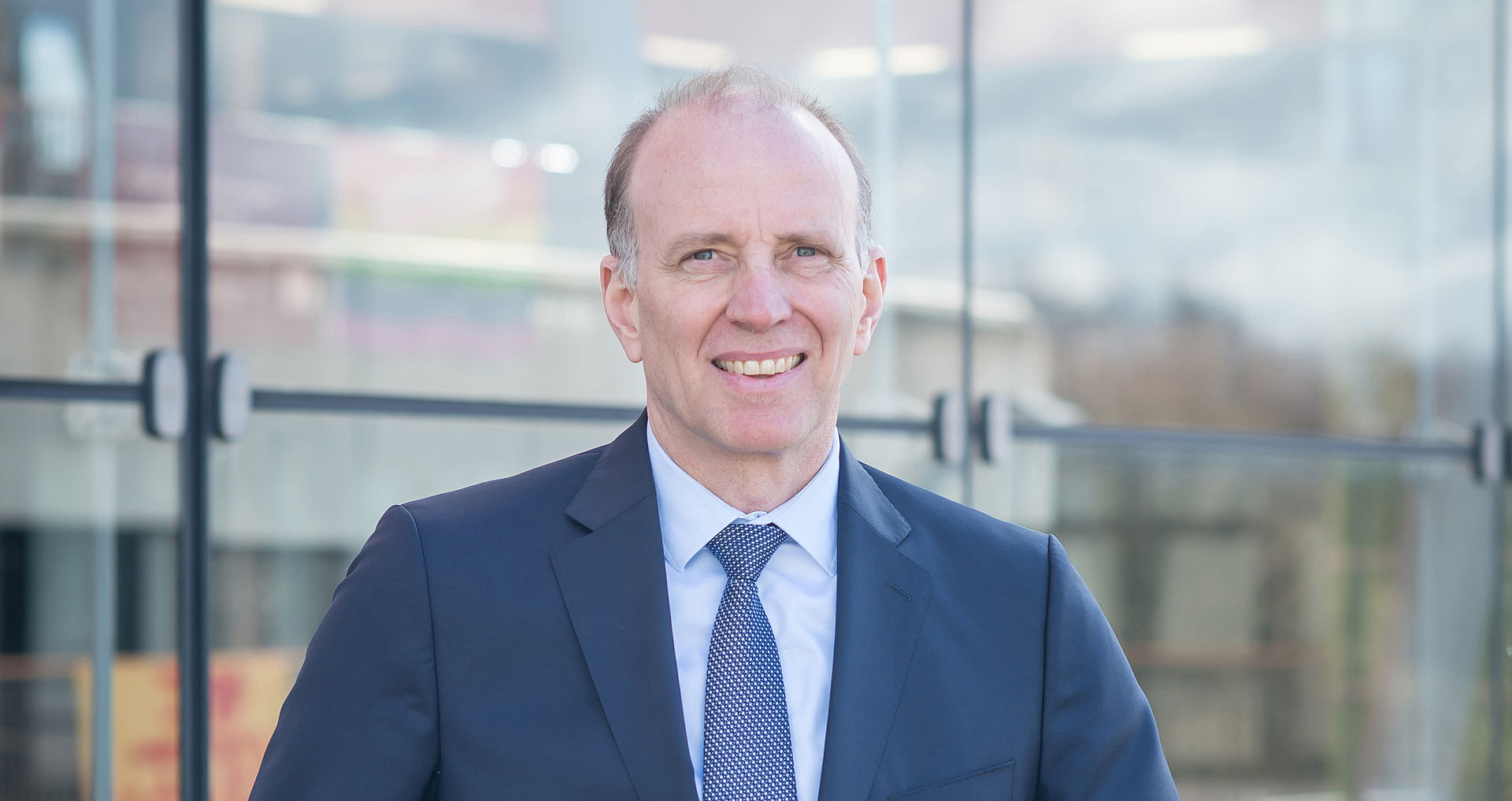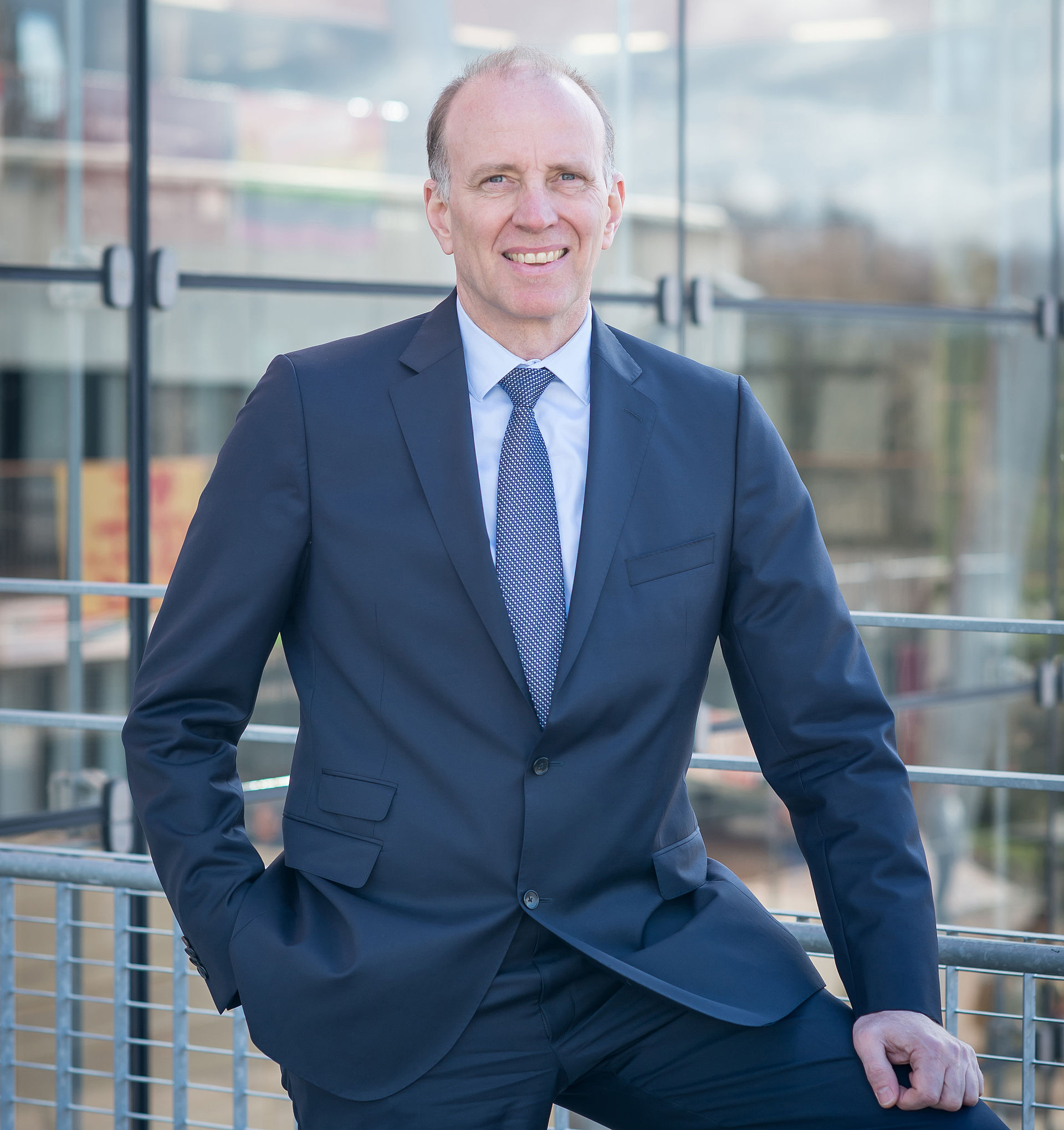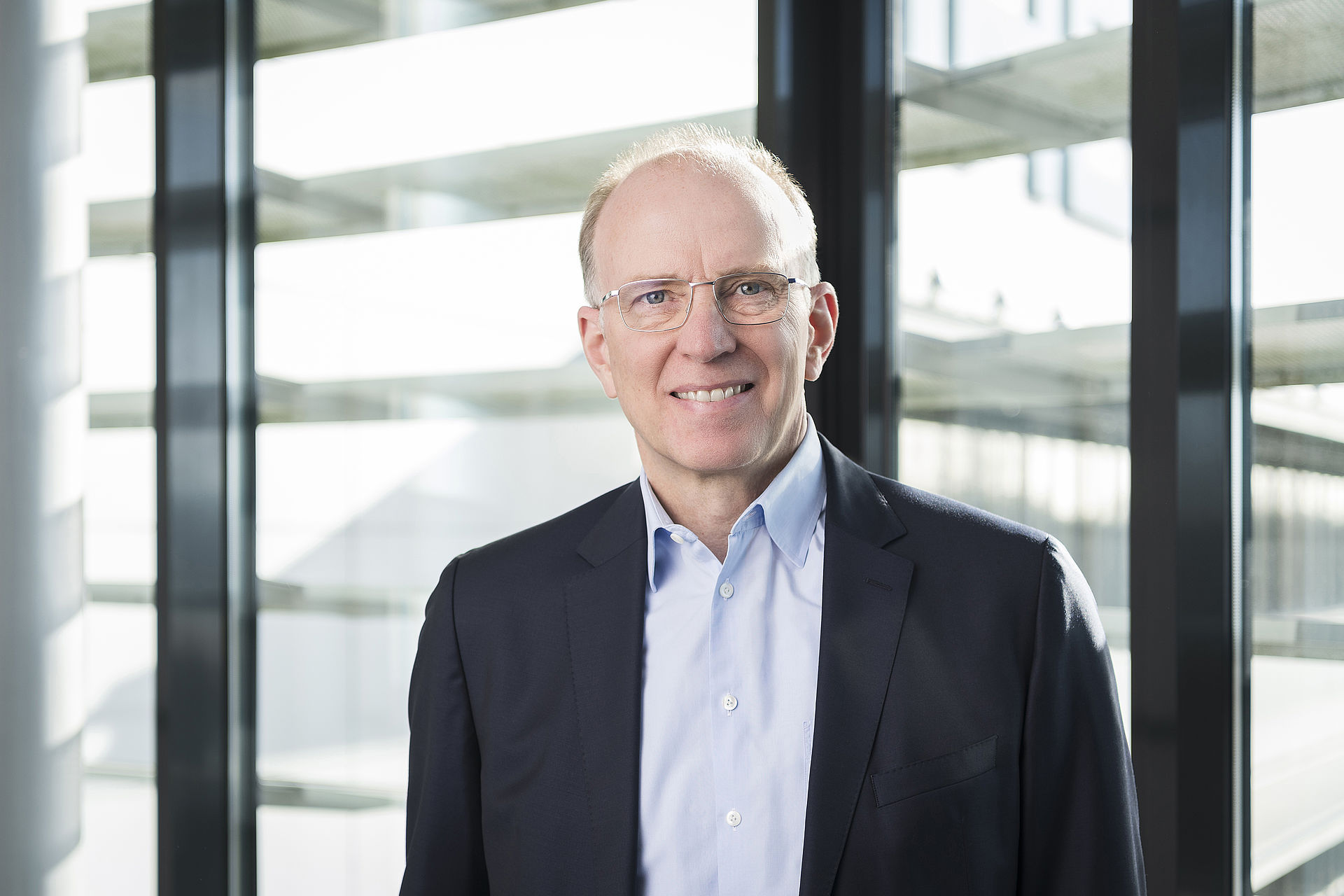20 March 2023. There can be no space flight without rockets. At first glance, this seems to be a banal realisation; after all, every child who would like to become an astronaut already knows that he or she has to get into a rocket in order to leave the Earth for space. Nevertheless, we in Europe have been dealing with the question of how we want to go about going to space in the future for quite some time, and sometimes seem to be engaged in a debate that veers into the academic. But this debate cannot disguise the hard reality: if we do not have access to space, then we cannot do space flight. From a satellite manufacturer's point of view, I see the problems we currently have with Europe's limited access to space every day in the form of unlaunched Galileo satellites.
2023 sees the last Ariane 5 launches
In March 2023, Europe will have two Ariane 5 launchers left. One will launch Europe's JUICE mission to Jupiter in April, and the second and final Ariane 5 is scheduled to lift off in June, carrying Germany's Heinrich Hertz telecom mission and France's Syracuse 4B satellite. Ariane 5 has been Europe's reliable packhorse for the past almost 30 years and has also been successful in the commercial international market due to its reliability and high payload capacity. With MT Aerospace AG, we have the largest German supplier for the Ariane programme in the OHB Group and I have therefore been able to experience the Ariane 5 success story at first hand. In addition, a second European development for smaller payloads has been established in the form of Vega. Complemented by the Europeanised Soyuz rocket, Europe had a comfortable rocket portfolio in relation to actual institutional needs. Clearly, this was also a political signal that independent European access to space was guaranteed at all times. Cooperations such as those with the Soyuz or the launch of NASA's James Webb telescope with an Ariane 5 were nevertheless lived and desired practice.
The launch vehicle is not an end in itself
What remains of these golden times are many spectacular launches and, of course, successful satellite missions, because that is what it is all about: the rocket is the means of transport for the satellite or the probe or, in the supreme discipline, the human being. The launch vehicle is not an end in itself, but must first and foremost meet the needs of its passengers. Of course, price always plays a role in this, and here SpaceX has a decisive advantage over the other launch vehicles, since the market price is unbeatably low due to the lean industrial approach and the reusability of the Falcon-9. The now expected first orbital flight of the fully reusable super heavy lift rocket Starship will increase this price pressure again immensely.
Ariane 6, the successor to Ariane 5, is in a crisis, and in my estimation it will be at least another year before the first launch. The fact that the development of new launch vehicles and demanding space missions cannot be squeezed into tight schedules is not a European insight. Everywhere in the world, these developments take longer and are becoming more expensive (which, by the way, is a decisive factor due to the increased time required). Space flight is a technologically challenging and very risky discipline, which is also the attraction and fascination of the whole thing. There is no doubt in my mind that Ariane 6 will fulfil its role as Europe's cargo rocket for large missions. The fact that the smaller Vega and the Vega-C are only available in small numbers at the moment because of essential components of their upper stages, which the manufacturer Avio obtains from Ukraine, is overshadowed by the last false starts of the Vega rocket – but as a result, the smaller European rocket is also currently grounded.
Founding RFA was the right decision at the right time
Is this now the hour of the microlauncher? Yes, I am convinced of it. And with the successful tests that Rocket Factory Augsburg has completed in the last six months, we are really well on the way to the first test flight of RFA ONE in the next few months. Parallel to the technical progress, the institutional market is also preparing for microlaunchers, as was clearly demonstrated by the joint declaration of the governments of France, Germany and Italy at the last ESA Council of Ministers conference in November 2022. There it was agreed that European microlaunchers should be approved for the launch of ESA satellites. This was a really important step towards making privately financed rockets attractive to commercial customers and investors with institutional orders. The founding of Rocket Factory Augsburg in 2018 was the right decision at the right time, and even five years ago the stated goal was to make a competitive offer for access to space.
To achieve this, the customer base must be as large and as broad as possible, and the rocket must, above all, be inexpensive, in addition to high reliability and scalability of payload capabilities. In the end, Rocket Factory Augsburg must be an independent and self-sustaining company in the European market environment. This was the declared goal from the outset, otherwise we could have set it up directly as a subsidiary of the OHB Group. I am firmly convinced that the start-up approach is the right way to get a new and innovative perspective on the development and production of rockets. This approach also includes the financing tools that have been successfully applied to tech start-ups around the world. Of course, non-space investors and partners need to invest in the company; this is already clear when you look at the other microlauncher companies and especially the customer base that the small launchers want to address. I firmly believe in RFA and we will definitely accompany the development of the rocket on its way to success with OHB. Of course, we will not be withdrawing from Rocket Factory Augsburg, but will continue along the path we have chosen of opening up to further investors. Withdrawal is out of the question. The original idea, namely to bring the expertise of the satellite manufacturer and the experience of rocket parts production into RFA as a strategic core investor, has not changed, and the development of the market and the changed political framework conditions in Europe reinforce this strategy.
Personal details:
Born in 1962, Marco Fuchs studied law in Berlin, Hamburg and New York. He worked as an attorney in New York and Frankfurt am Main from 1992 to 1995. In 1995, he joined OHB, the company that his parents had built up. He has been Chief Executive Officer of OHB SE since 2000 and of OHB System AG since 2011. Marco Fuchs is married and has two children.





